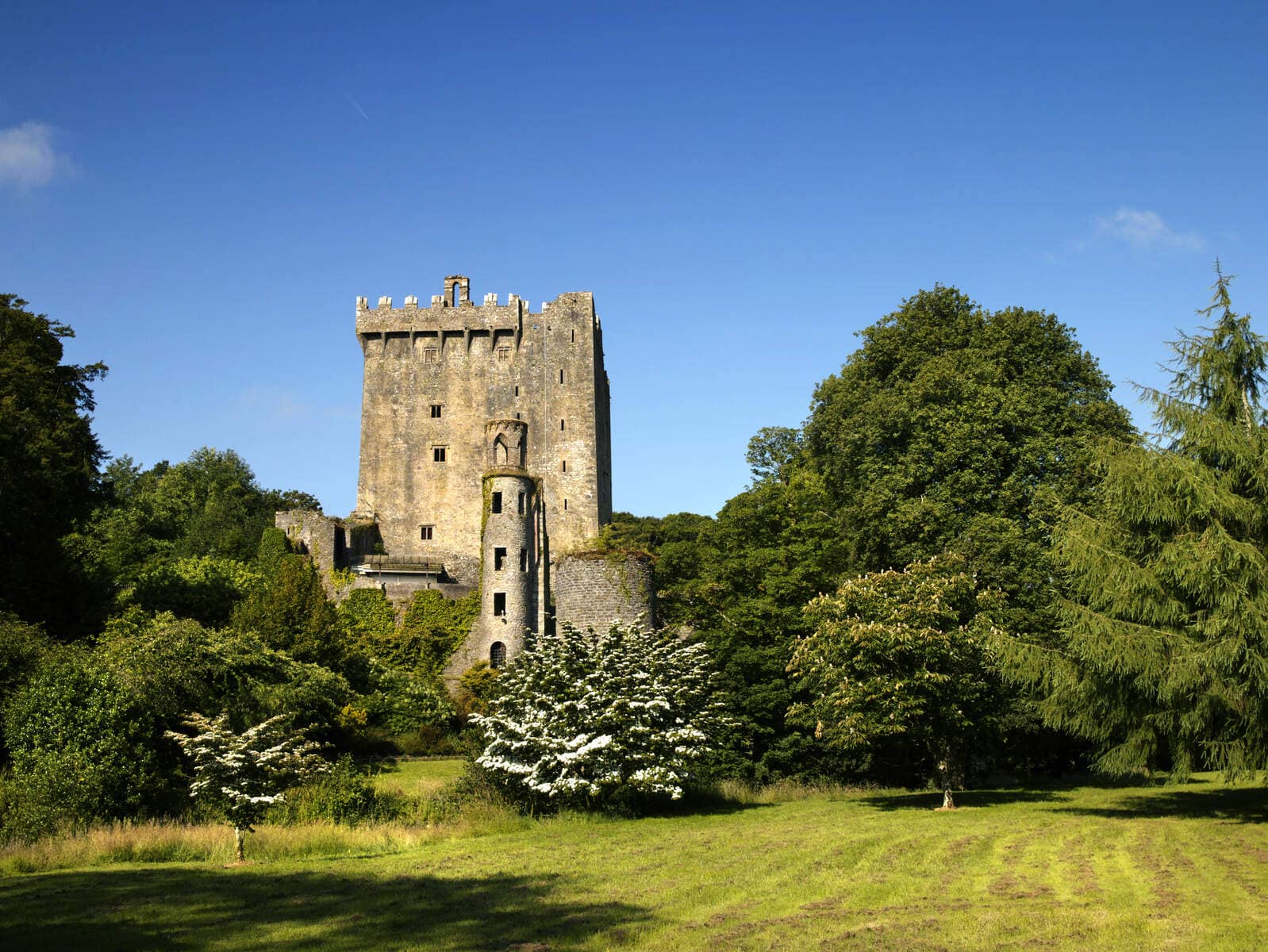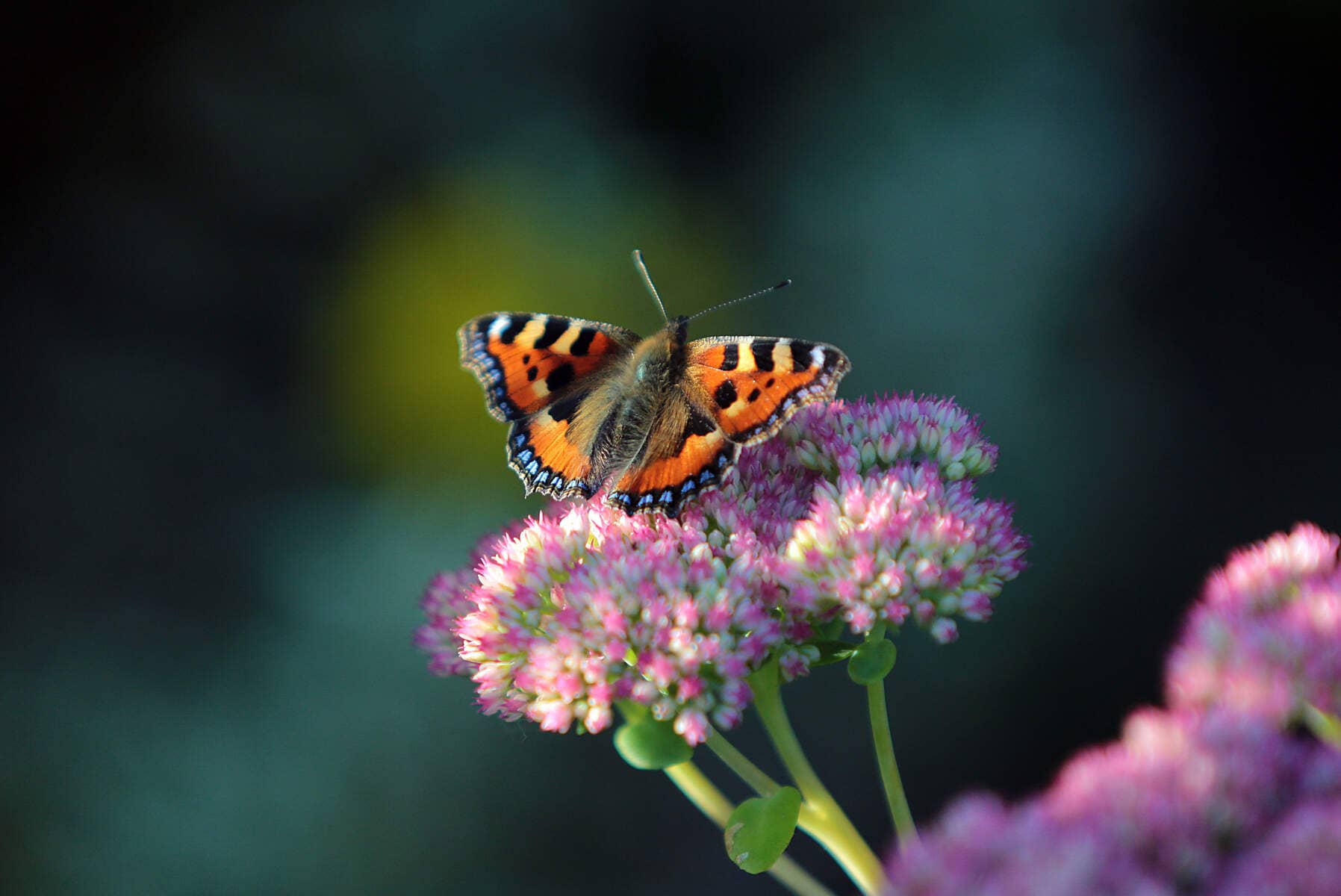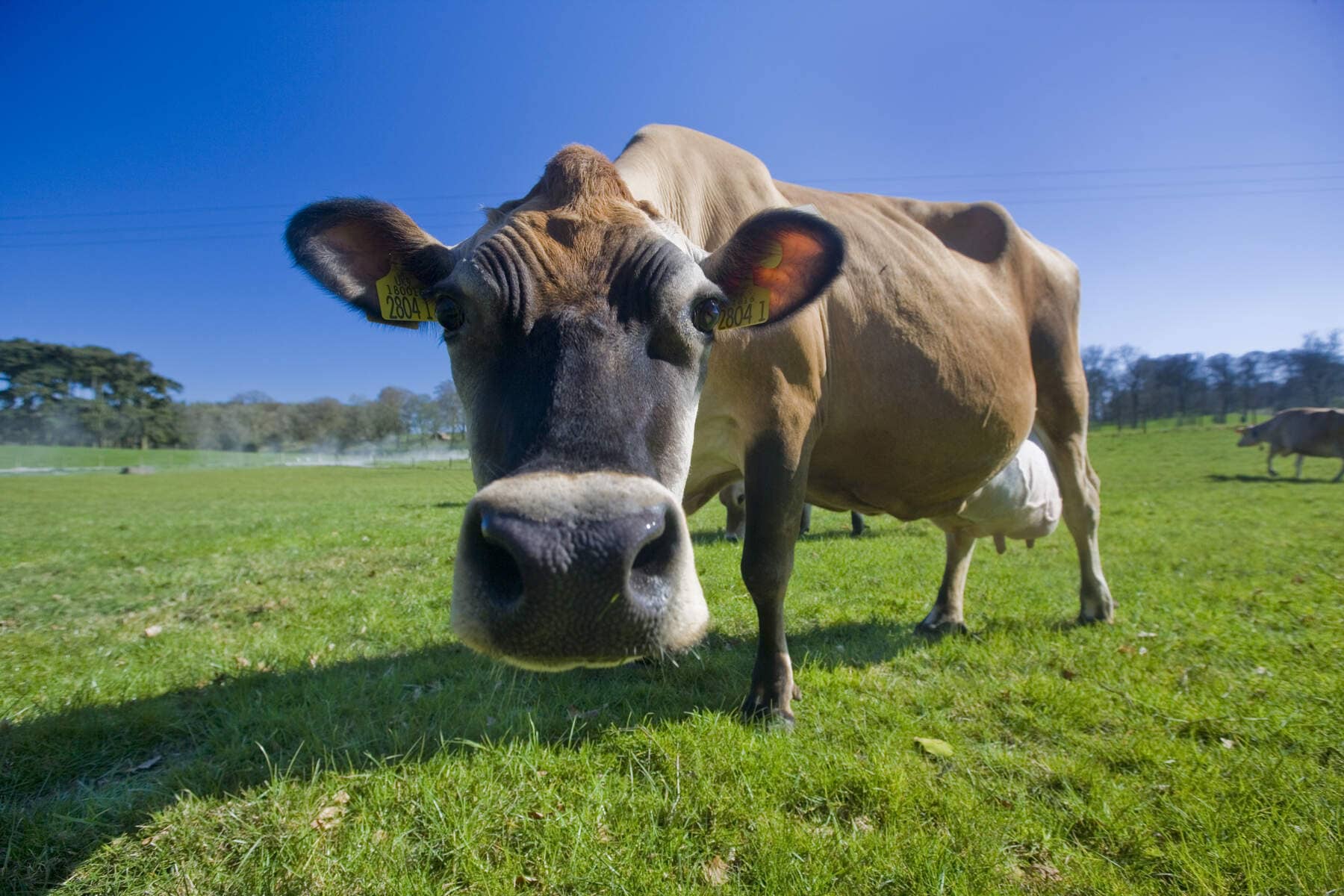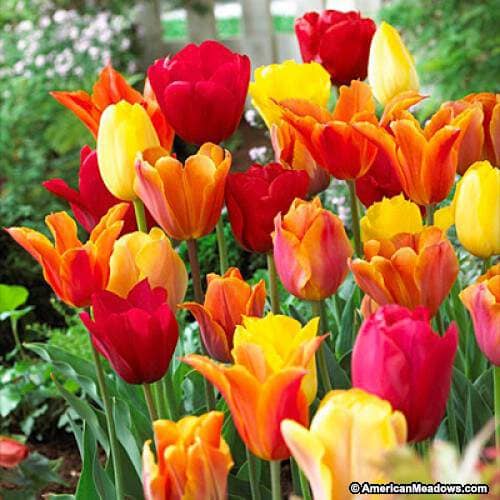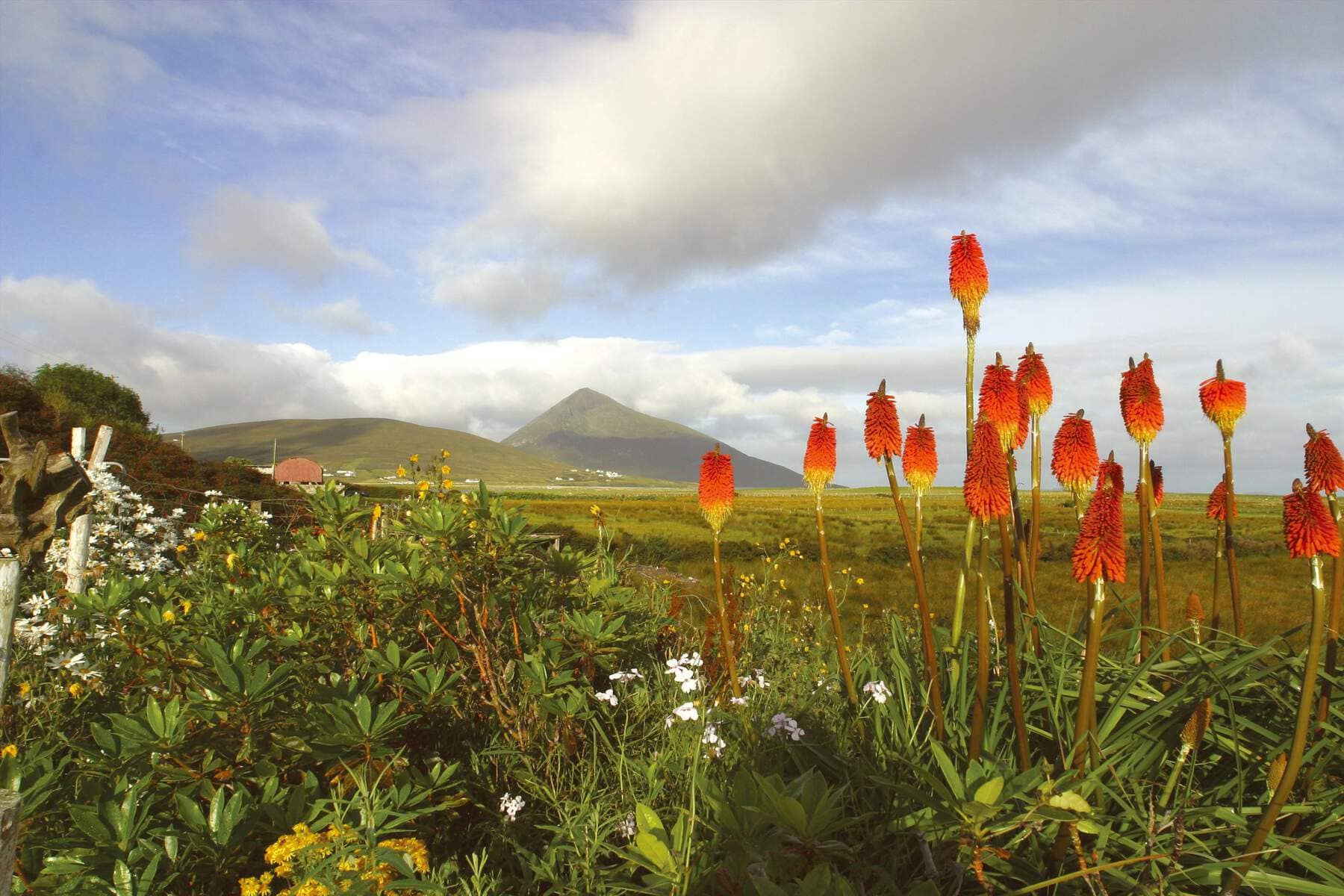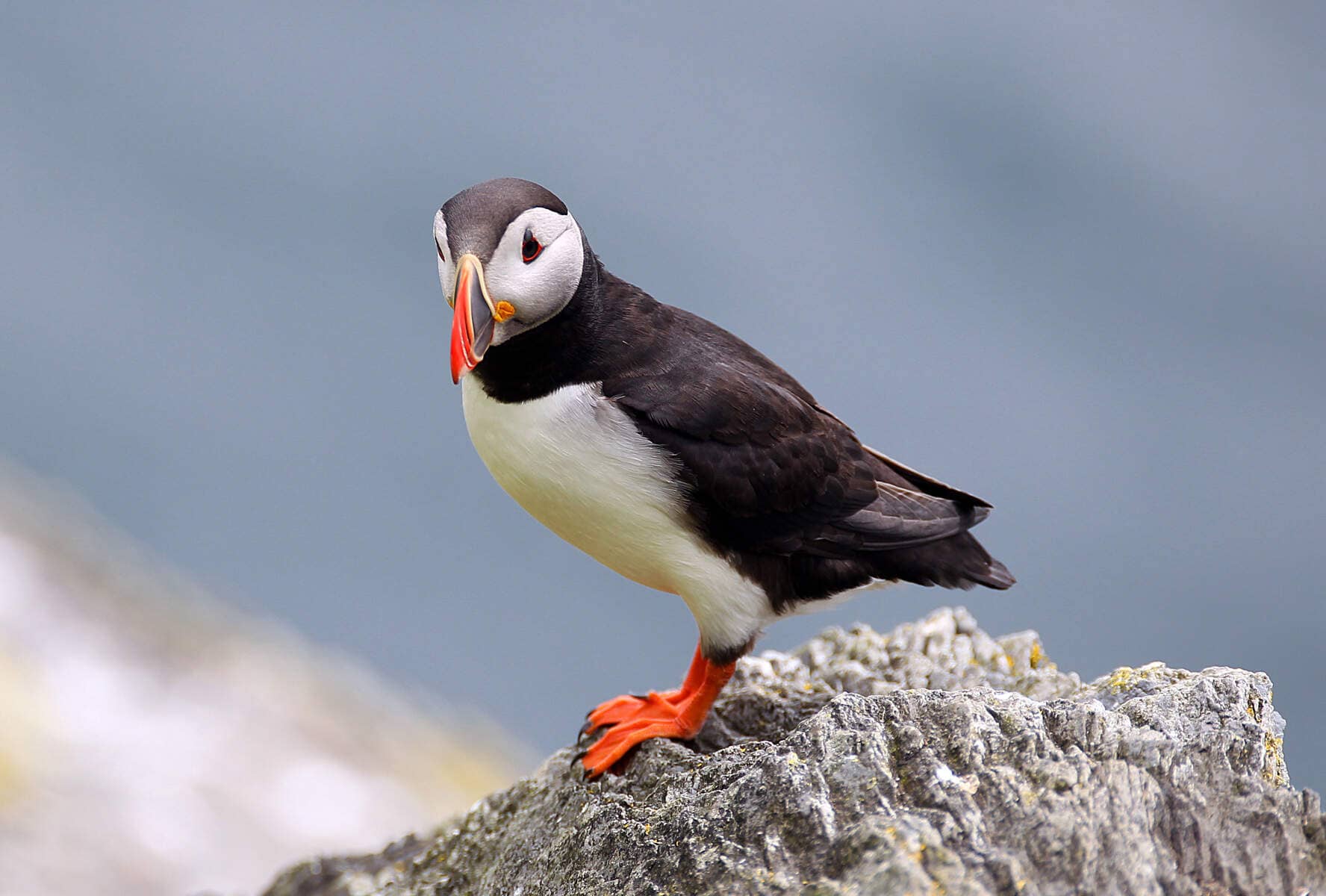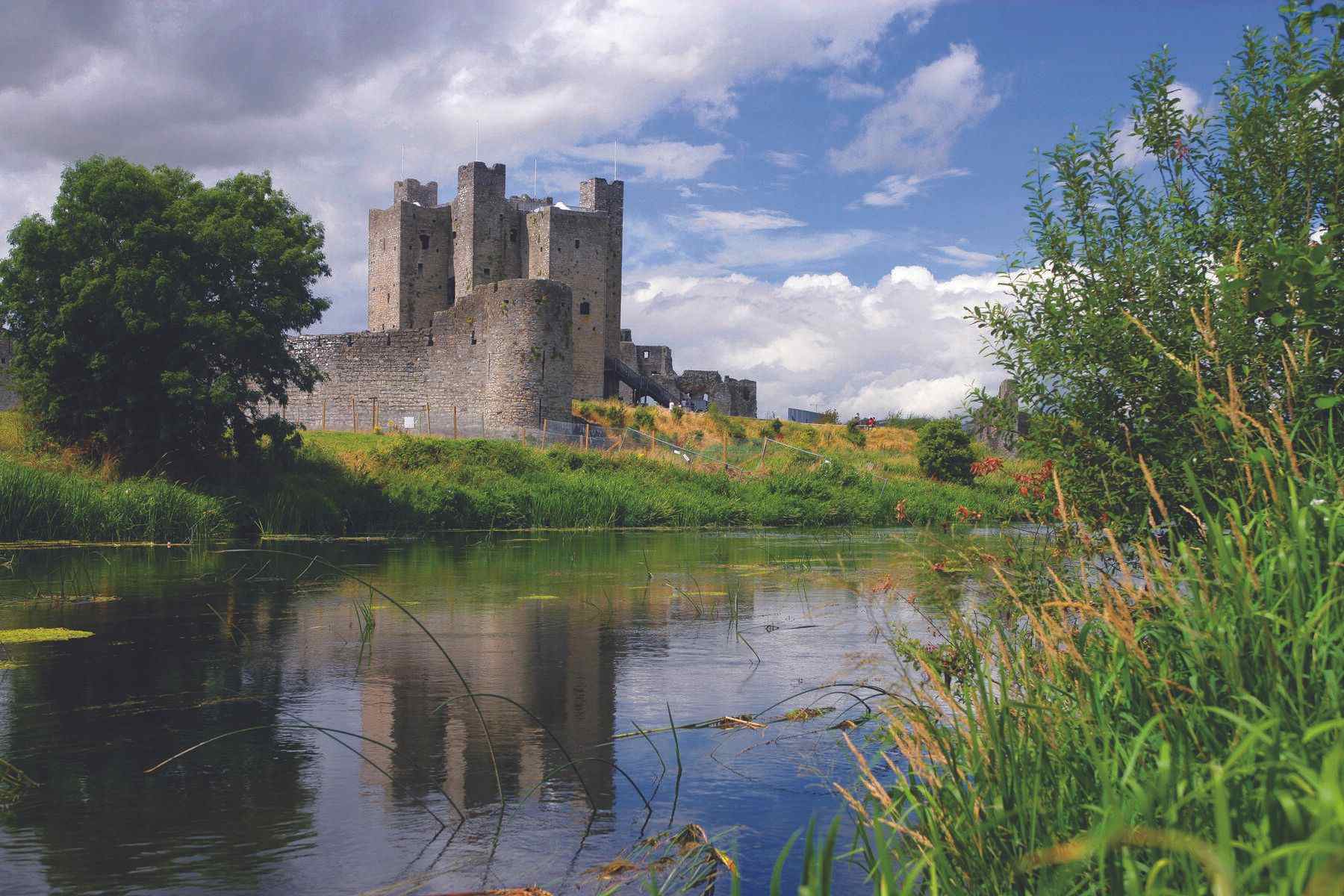
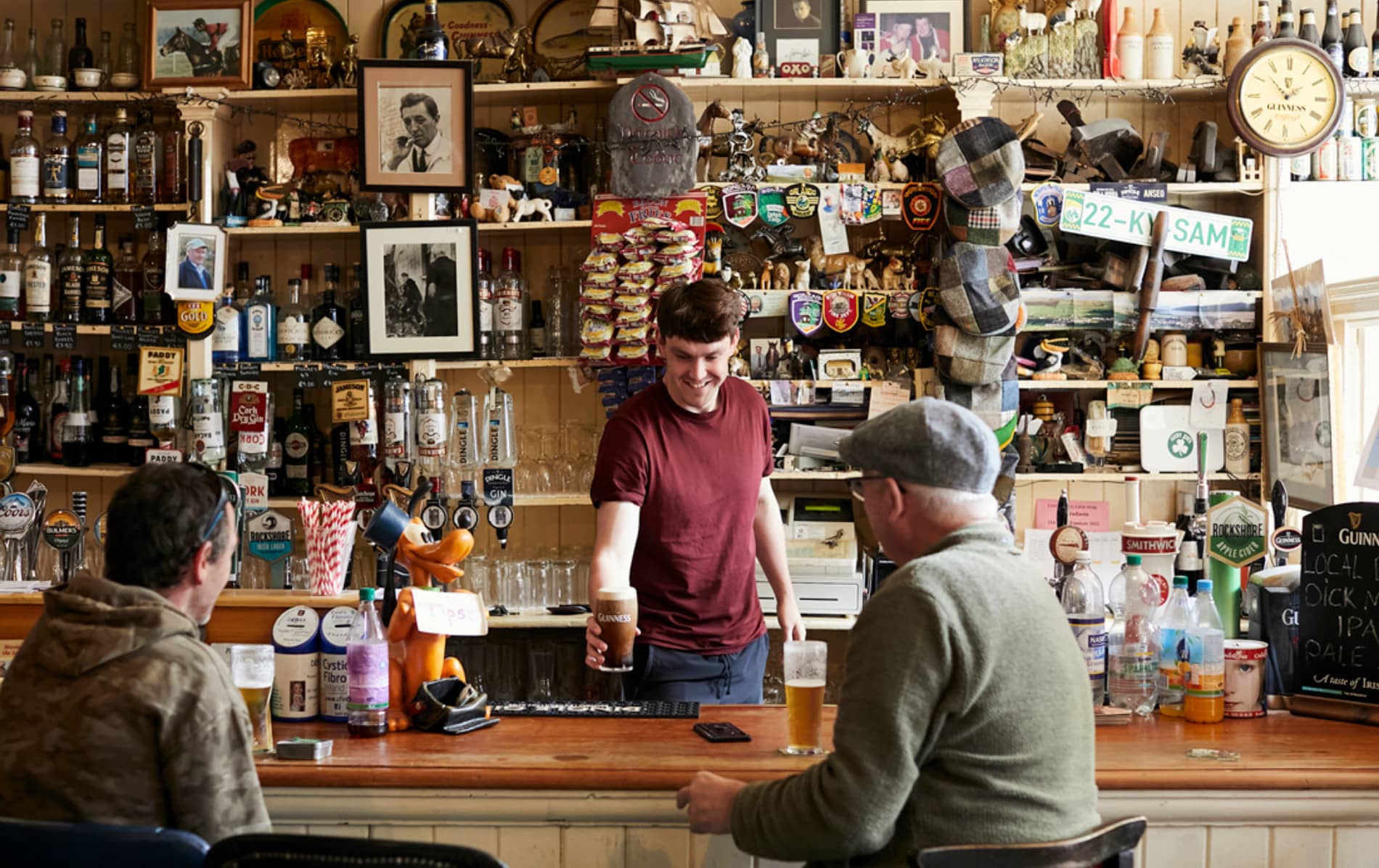
$name
Sitting on the west coast between the emerald green folds of Slievanea mountain and the flinty-blue waters of the Atlantic Ocean, Dingle is a place that feels both wild and warm-hearted, far-flung and friendly. It’s spectacular natural beauty is ripe for exploring, but it’s the town’s quiet moments that often stay longest in the memory: chats with locals about the mercurial weather, traditional pubs warmed by open fires and plates of super-fresh seafood served outside in the tang of the sea air.
“The quality of life in Dingle is very good,” says Bec Hoban of Outwest clothing store. “Things are nice and slow, the madness and the rushing you get in big cities isn’t really a thing here! People say hello to you in the street and wish you well.”
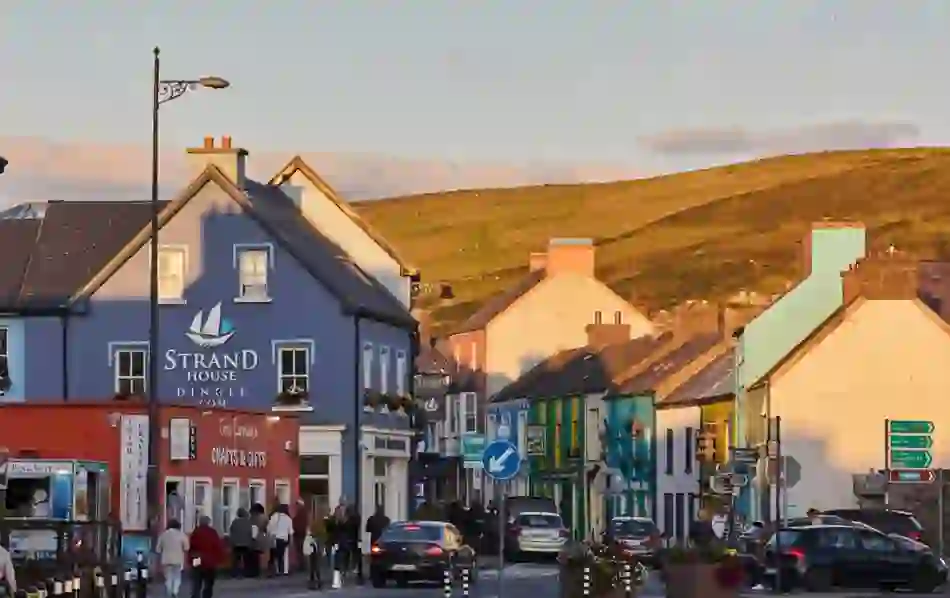

Dingle
Since the 1960s, Dingle has drawn people from all over the world: adventurers, artists, musicians, drop-outs and curious travellers. Some stay and make their homes here. Some leave but feel compelled to return. But this mix of global influences, Irish language speaking traditions, farmers, fishermen and locals make Dingle feel simultaneously up-to-the-minute and gloriously down-to-earth.
There are hip coffeeshops, local brewhouses, artisan ice cream emporiums and even a surf store, but they meld perfectly with a raft of jolly-coloured houses, old-style hardware store pubs, fishing boats, music shops, knitwear stores and Irish craft galleries.
“Even though Dingle will never lose its history, it puts its own twist on things – it’s innovative,” says Micheál Flannery of The Fish Box, “there’s amazing food and amazing cafés here – it really has it all.”

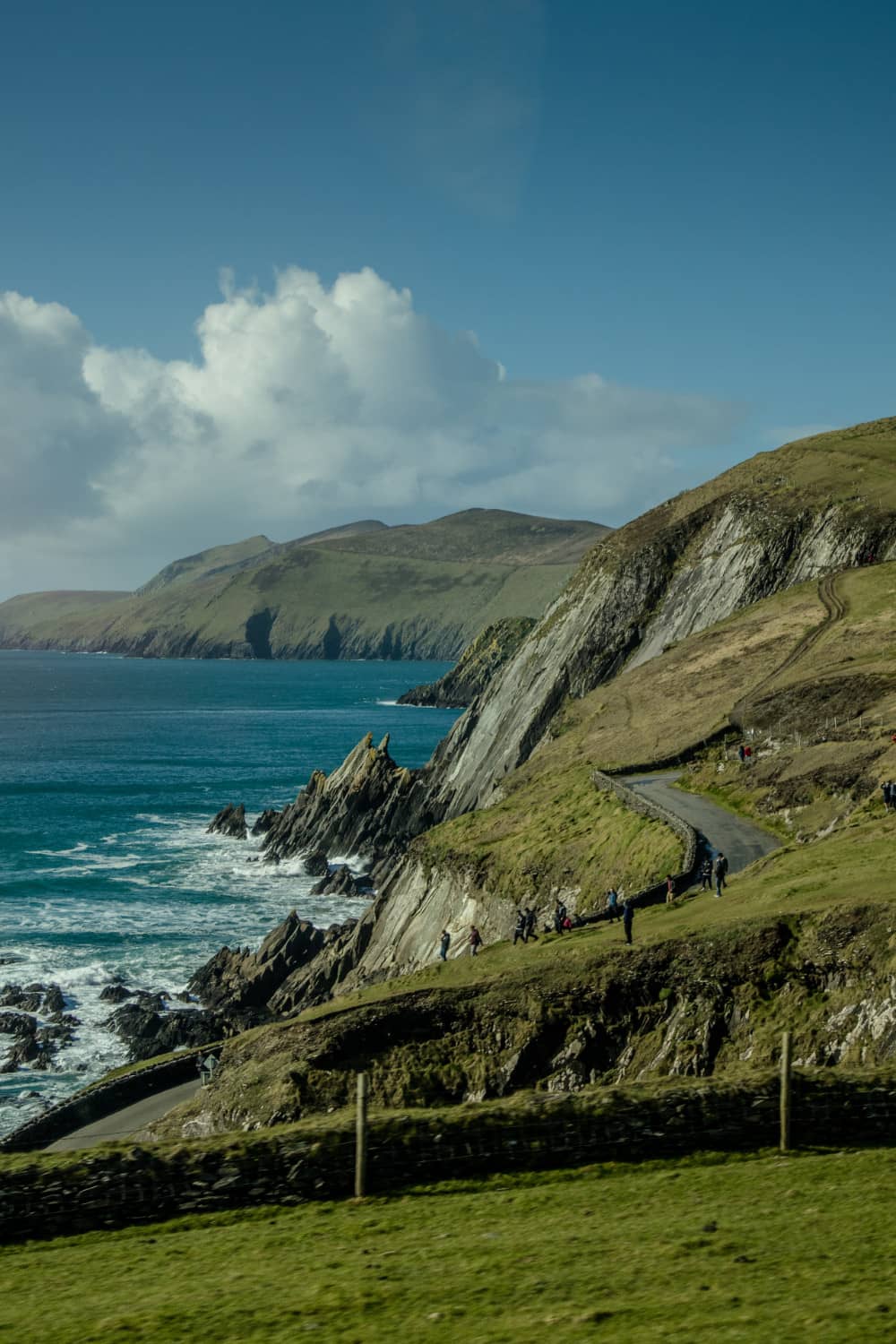
Dingle Peninsula
© Shutterstock
Human life on the Dingle peninsula can be traced back to the Neolithic period between 4000BC and 2500BC, but Dingle itself was an important trading centre for over 800 years, and by the 16th century had become a flourishing port.
Fishing fleets from France and Spain used the sheltered harbour as a base and fish and hides were exported to Europe. A linen industry grew in the 18th century but subsequently collapsed and the town was largely focused on fishing in the 19th century. The Great Famine saw a fall in Dingle’s fortunes, but today, the town is thriving with tourism, fishing, brewing and distilling industries.

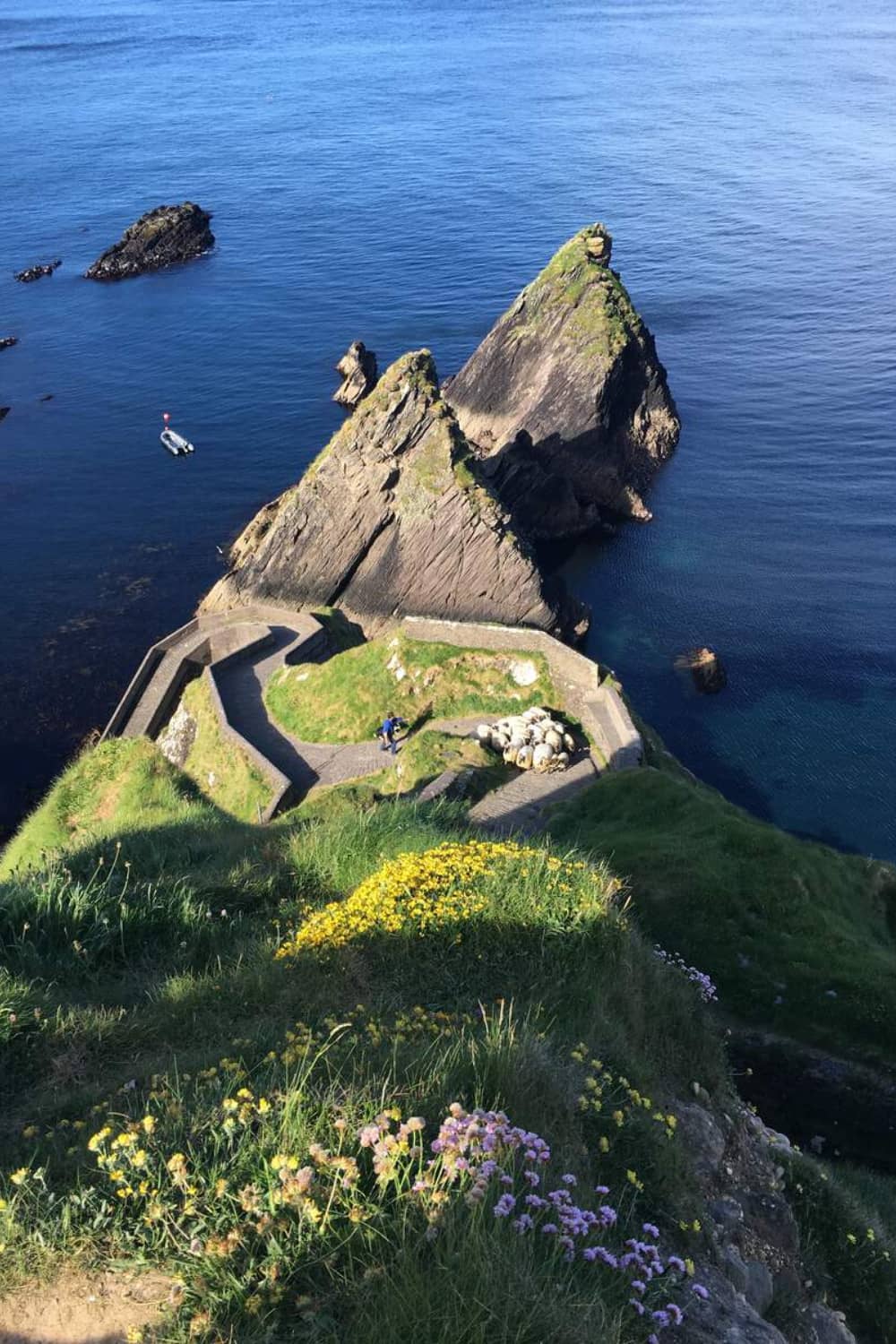
Dunquin Harbour





